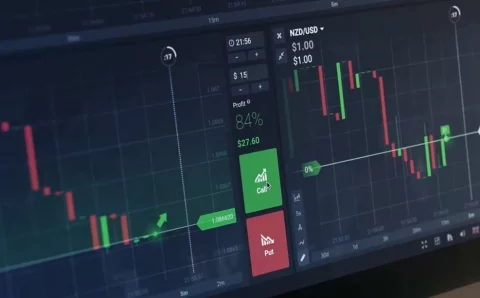[ad_1]
Ten global organisations with partial funding and in-kind contributions from the insurance sector and partner institutions have launched a Global Resilience Index Initiative (GRII) at COP26.
GRII will provide a globally consistent model for the assessment of resilience across all sectors and geographies. The GRII will be using cross-sector risk modelling experience, including public-private partnerships between governments, academia, insurance and engineering.
Mark Carney, UN special envoy on climate action and finance, Mami Mizutori, assistant secretary-general and special representative of the secretary general for disaster risk reduction in the United Nations Office for Disaster Risk Reduction (UNDRR) and Eric Andersen, president, Aon, are the patrons for the .
Among the organisations that have come together to launch GRII are United Nations office for Disaster Risk Reduction (UNDRR), Insurance Development Forum (IDF), University of Oxford, Coalition for Disaster Resilient Infrastructure (CDRI), Coalition for Climate Resilient Investment (CCRI) and UK Centre for Greening Finance and Investment (CGFI) and British risk and insurance advisory company Willis Towers Watson.
According to Emma Howard Boyd, chair of the Environment Agency and CGFI advisory board, the heatwave in Vancouver, the floods in Germany, the polar vortex in Texas and the drought in Madagascar over the last one year had shown the horrifying human costs of climate change. “By making our systems and economies more resilient to climate disruption we can save millions of lives and livelihoods. To inject pace into this vital agenda we need adaptation and resilience to be clearly understood by governments, businesses and communities. The Global Resilience Index Initiative helps deliver that,” said Boyd.
GRII will be a curated, open-source resource offering high level metrics across the built environment, infrastructure, agriculture and societal exposures with many potential applications in aggregated risk management worldwide, said a press statement. “The mission of the GRII is to address the data emergency that is contributing to the climate crisis by helping sectors across the global economy quantify the value of building climate resilience and the costs of doing nothing,” it said.
GRII could enable asset owners to compare portfolio risks across geographies and hazards, as well as helping countries to prioritise national adaptation investments.
The coalition behind the GRII is seeking to achieve two initial goals offer global open reference risk data using metrics built on insurance risk modelling principles; provide shared standards and facilities applicable to a wide range of uses, including corporate climate risk disclosure, national adaptation planning and reporting, and the planning of pre-arranged humanitarian finance.
According to Carney, UN Special Envoy on Climate Action and Finance, GRII can play an important role by creating a shared understanding of mounting physical climate risks. “In turn, this will help close the insurance protection gap and direct investment and aid to where they are needed the most,” he said.
Mizutori said GRII has the potential to support all sectors in the management of adaptation and resilience, but action and support is required from the private and public sectors to further globalise the initiative. “The next steps are to ensure that countries are able to make full use of the GRII’s potential, particularly at the strategic risk assessment stage, and support governments in making critical climate investment decisions,” he said.
 Dear Reader,
Dear Reader,
Business Standard has always strived hard to provide up-to-date information and commentary on developments that are of interest to you and have wider political and economic implications for the country and the world. Your encouragement and constant feedback on how to improve our offering have only made our resolve and commitment to these ideals stronger. Even during these difficult times arising out of Covid-19, we continue to remain committed to keeping you informed and updated with credible news, authoritative views and incisive commentary on topical issues of relevance.
We, however, have a request.
As we battle the economic impact of the pandemic, we need your support even more, so that we can continue to offer you more quality content. Our subscription model has seen an encouraging response from many of you, who have subscribed to our online content. More subscription to our online content can only help us achieve the goals of offering you even better and more relevant content. We believe in free, fair and credible journalism. Your support through more subscriptions can help us practise the journalism to which we are committed.
Support quality journalism and subscribe to Business Standard.
Digital Editor
[ad_2]
Source link





